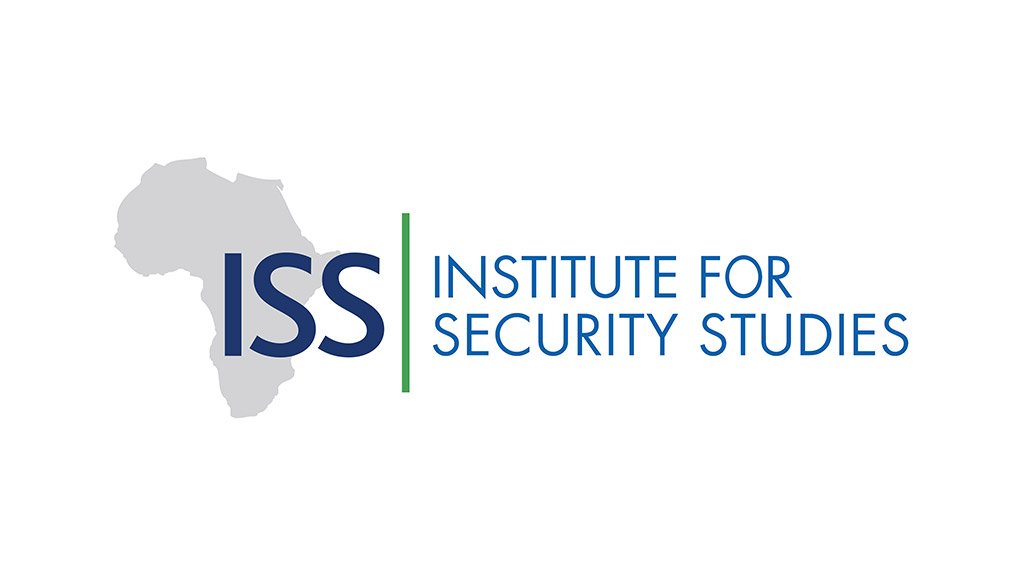The World Economic Forum says the ‘cost of living crisis’ is the single largest threat to the global economy this year. Against this backdrop, the positioning of major powers in response to the Ukraine war indicates a possible new world order – but it’s failing to cope with 2023 realities.
The real catalyst for this combination of crises is the devastating impact of climate change on the environment, economy, society and security. Can Africa withstand the shocks and turn adversity into an opportunity for a new global positioning?
In December 2021, the United Nations Security Council’s African members (A3) developed a landmark resolution on the links between climate and security. The resolution was co-sponsored by Niger and Ireland and received significant support. But it wasn’t adopted after Russia vetoed the draft. India also voted against it, and China abstained. Nevertheless, the current A3 – Gabon, Ghana and Mozambique – have pledged to continue this pursuit.
This raises three important questions. First, what does the global climate dialogue mean for the development agenda? Second, what are the implications of the climate crisis for the current world order? And third, how will the global climate emergency affect the security architecture of Africa and the world?
Africa has developed a significant climate change footprint. Through Morocco, South Africa and Egypt, the continent has hosted the UN Framework Convention on Climate Change Conference of the Parties (COPs). Several other African countries have been active in climate negotiations, and the African Group of Negotiators has always been a part of the COP landscape.
The African climate governance landscape is also promising. Kenya’s President William Ruto currently chairs the Committee of African Heads of State and Government on Climate Change. Three Climate Commissions – Sahel, Island States and Congo – were launched by African leaders at COP 2016, and active structures in some regional economic communities reflect commitment and agency.
Africa has also shown leadership on the climate threat. The AU Peace and Security Council hosted a special session in 2021 to consider the nexus between climate change and security. At COP27 in Sharm El-Sheikh, the Climate Responses for Sustaining Peace was launched, spearheaded by Egypt’s COP27 presidency.
Meanwhile, there’s tacit recognition that Africa carries a disproportionate climate burden. It contributes little to greenhouse gases in general, and CO2 in particular. Yet Africa’s climate-related disaster map is pervasive. Floods, drought, high-energy storms, heatwaves and wildfires are more intense, as these once-rare extreme events become regular in several locations.
The link between climate risk and human security is increasingly supported by data, creating dilemmas for Africa’s development plan. These include the question of Africa’s US$10-trillion fossil fuel asset. As Africa transitions to a low-carbon economy, that asset is no longer available to power a continental growth path unless exported out of Africa. But that would only be a locational variation to the source of accumulating greenhouse gases.
However, there is another way. What if the world compensates Africa for not using the asset? This ‘new carbon trade’ makes sense considering that Africa bears the brunt of accumulated greenhouse gases released by the global north and rapidly developing countries like China and India. These have resulted in 1.1°C above pre-industrial levels, precipitating climate catastrophes worldwide.
Dealing with the ensuing disaster management combined with loss and damage is an already untenable demand on Africa’s lean coffers. Failure to find a solution means Africa must exploit its fossil fuel asset, using the revenues for Sustainable Development Goal commitments and keeping poverty and de-development at bay.
Climate change highlights the need to answer a key question – is the current world order and its financial system fit for purpose? UN Secretary-General António Guterres, in his 2020 Nelson Mandela Annual Lecture, said the real pandemic was global inequality, shored up by a governance and financial architecture designed to sustain developed country dominance.
Barbados Prime Minister Mia Mottley also laid this bare in her COP27 address, calling for a fundamental restructuring of the global financial system with a possible vehicle in the Bridgetown Initiative. That created a buzz at this year’s Bretton Woods Spring Meetings. A low-carbon and climate-resilient world requires access to affordable climate mitigation and adaptation financing. Failure to provide this will result in a climate catastrophe.
The need for reform of the multilateral system continues to gain momentum. The imbalanced structure of the UN Security Council means that most of the developing world is under-represented and apart from China, has no permanent seats. Like the global financial system, the UN must accelerate its reform to represent the 21st-century world, both in power distribution and today’s dominant agendas.
The human, climate and environmental justice pathway choices must deliver peace and stability, end violent conflict and extremism, and recognise that we have incurred massive intergenerational debt.
So what next? Africa needs a bottom-up push to drive a more robust global agenda. At the international level, the pursuit of sufficient reform to accelerate climate-resilient sustainable development is vital. A convergence must be found between climate change aspirations and the Sustainable Development Goals. This can engineer low-carbon development pathways to universal access to basic needs, poverty reduction and a shrinking of the world’s inequality gap.
Written by Dhesigen Naidoo, Senior Research Associate, ISS Pretoria
EMAIL THIS ARTICLE SAVE THIS ARTICLE ARTICLE ENQUIRY
To subscribe email subscriptions@creamermedia.co.za or click here
To advertise email advertising@creamermedia.co.za or click here











